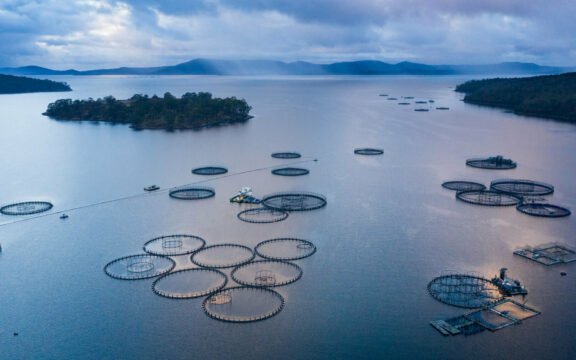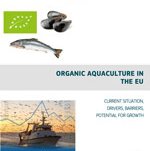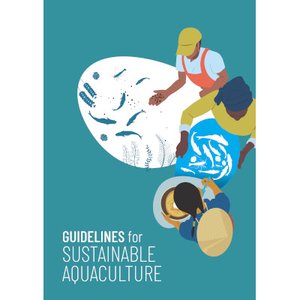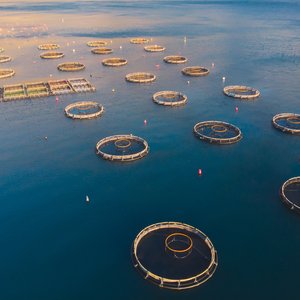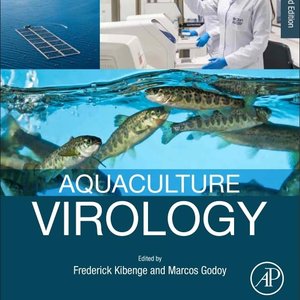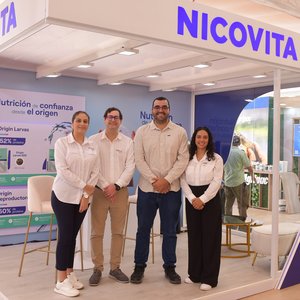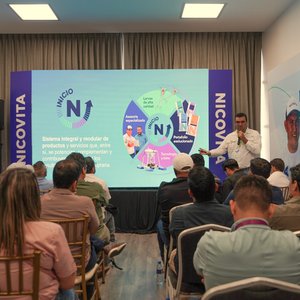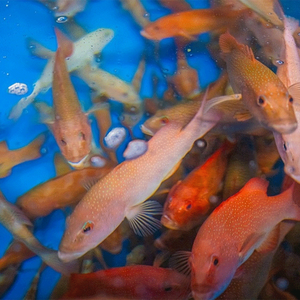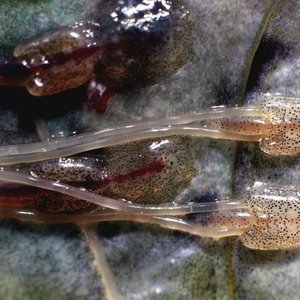Global Salmon Initiative (GSI) released its annual Sustainability Report. This report, now in its ninth year, provides access to data across all 13 GSI salmon farming members against 15 environmental and social indicators.
The latest report demonstrates how GSI’s pre-competitive collaboration model is yielding measurable environmental progress. Highlights are below and an executive summary is available for download here:
- Nearly half (48%) of GSI members’ production was Aquaculture Stewardship Council (ASC)-certified in 2021 (as an average of total production), meaning greater access to salmon farmed to the most stringent environmental and social standards.
- GSI members drove a 48% decrease in the average use of antibiotics since GSI’s founding in 2013. This is the result of members prioritizing antibiotics stewardship and identifying alternative approaches to manage fish health.
- GSI members continued to improve the eco-efficiency of feed ingredients, including assessing the role and adoption of novel ingredients like algae and using certified marine raw ingredients and sustainable byproducts. This diversification and ongoing innovation have resulted in a 22% average reduction in the use of marine ingredients since 2013.
- GSI members paved the way for more holistic approaches to preventing and managing sea lice, driving a 38% decrease in combined average in-bath and in-feed treatments since 2013.
- Farmed salmon is an eco-friendly and nutrient-dense choice. Compared with other animal proteins, farmed salmon has a lower carbon footprint, requires less land and uses feed resources more efficiently.
These results are among the 2,000+ data points available in GSI’s latest Sustainability Report, making it the largest source of consistent, independently-audited data across the seafood sector.
GSI uses its CEO-led and pre-competitive expert taskforce model to catalyze industry-wide improvements. The report is an important tool in helping GSI members transparently identify where further improvements are needed.
As a result of this year’s report, GSI members are focused on continuing to raise ASC certification levels, while reducing fish mortality rates and the use of antibiotics. Acknowledging that this report is part of a longer-term journey of continual improvements in sustainability performance, GSI continues its close partnership with World Wildlife Fund (WWF) to develop a greenhouse gas (GHG) emissions framework to help measure and mitigate salmon farming’s carbon footprint, with the goal of adding this data into a future iteration of its annual report.
Check out the report here.


